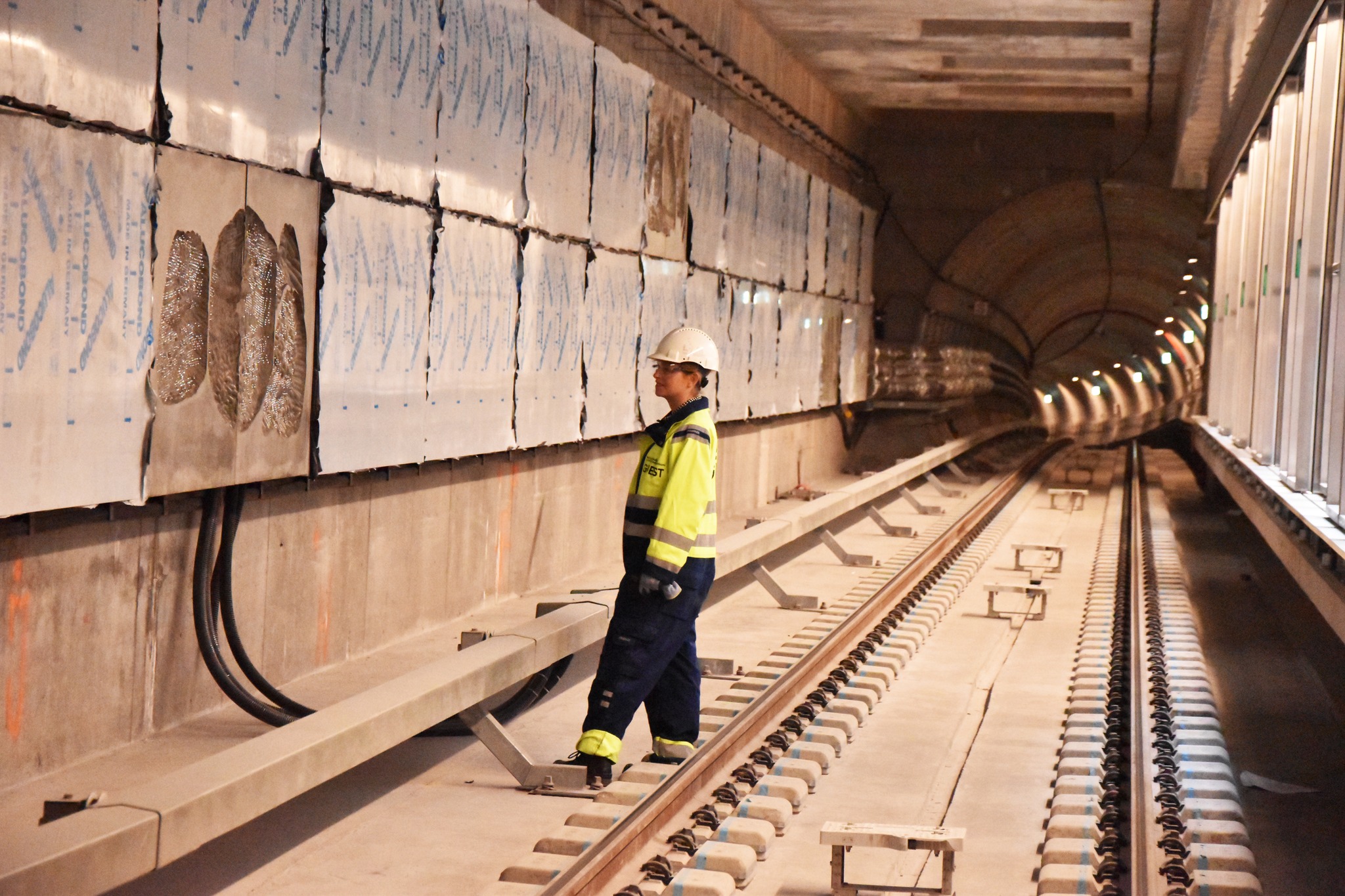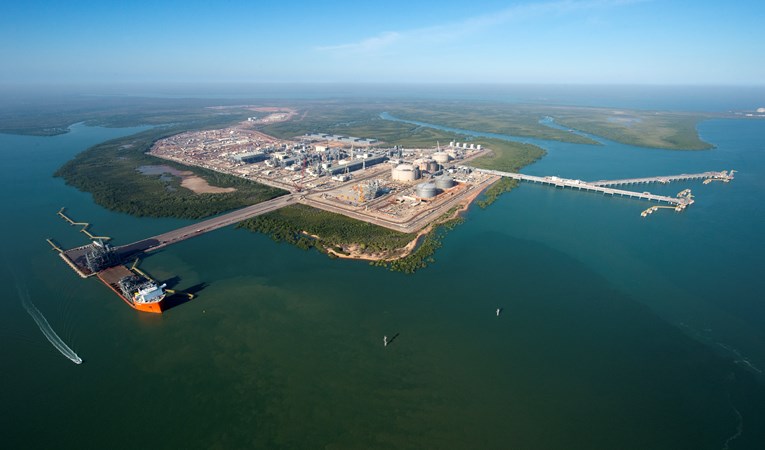Technip KT India is enjoying a period of phenomenal growth. CEO Ram Kishore Iruvanti talks to Gay Sutton about his strategy for innovation and remaining ahead of the competition.
Some marriages are a matter of convenience while others are made in heaven; and some are destined to produce a long-lasting union of harmony. Just such a marriage took place in 1999 when Technip, a global provider of project management, engineering and construction services for the oil and gas industry, acquired KTI—the chemical process division of Mannesmann. With offices in Delhi, Rome, The Hague, and Claremont, USA, KTI had a worldwide reputation for high temperature reaction process engineering for the refinery and petrochemical industries, and the fit seemed perfect.
“We had been working on projects with Technip for many years and knew them very well. In ethylene plants, for example, we would work on the front or hot end of the plant, and they would manage the cold or back end of the plant,” explains Ram Kishore Iruvanti, CEO of Technip KT India. “The acquisition therefore provided vertical integration for Technip. Meanwhile, we transitioned into a project management company and have been able to participate in much larger projects worldwide.”
This decade has been one of phenomenal growth for the company, so much so that the cold winds of recession which have depressed businesses around the world have hardly been felt. “When I returned from the Netherlands and took over as CEO here about five years ago, we were a €20 million company in terms of revenue,” Iruvanti says. “Today we are a €100 million company. And we have been playing a part in India’s drive to produce gasoline and diesel fuels to meet the Euro IV emissions standards. There has been, and continues to be, considerable investment in new refinery and petrochemical plants in India.”
Today, Technip KT India is recognised as a market leader in a range of technologies for the hydrocarbon industry—for example, it has built 16 hydrogen plants in India to date. “Each project is unique,” Iruvanti asserts. “But the core chemistry and engineering remain the same, so you could almost call this a product line.” The company is also market leader in the construction of fired heaters and furnaces for oil refineries, and has built around 100 in India alone since its inception. It has developed a considerable reputation for sulphur recovery units; and has developed skills in designing and building modular plants in the hydrocarbon industry.
“In these areas, which form around 50 per cent of the business, we are well known in the market. In another 30 per cent, we use other people’s technologies and share the market with other EPC contractors. For the remainder of the business, we provide engineering services to Technip worldwide, whenever they require our areas of expertise.”
Being part of a large global group has also brought a series of benefits. Not only can the Indian division participate in much larger contracts with its parent company, but it is able to share technology and knowledge with other members of the group. Technip also continuously improves its engineering and business processes, systems and procedures, and standardises them across the group, only adapting them when necessary to the country in which they are being implemented.
As a result, engineers moving from office to office within the group will find project planning and project management systems they are familiar with. “This then gives them confidence to exchange information, and increases mobility between the units. And this is happening more and more as we share knowledge and skills. And for our clients, these standardised procedures mean they can expect the same products and services in India as they have received from us in, say, Aberdeen, Paris or Italy.”
To date, the majority of work in India has been for onshore refineries, petrochemicals and gas processing plants. However, Technip KT India’s strategy going forward is to consolidate and grow the home market, first of all bidding for projects as an independent unit, and secondly bidding on larger projects in collaboration with the group. Iruvanti would also like to see the company expand beyond onshore work and to develop its expertise in offshore work.
The vibrancy of the Indian economy has not only presented opportunities, but also challenges. Consolidation in the EPC field has resulted in many small contractors folding and larger contractors growing to become more competitive. In addition, many of the international players have been entering the Indian marketplace. Attracted by the strengthening economy, they not only compete for contracts, but also for skilled personnel. “So we’re increasingly finding it important to create a working environment that both interests and challenges our engineers, and meets the growing aspirations of our people.”
The company is rising to this challenge in two ways. Firstly, Iruvanti believes that working on large projects such as the Indian Oil Corporation’s isomerisation plant enables the company to manage a project through from concept to commissioning. “And this keeps the interest of our engineers alive,” he says. Secondly, he is personally driving the activities of an innovation unit in India. “I want to keep the fires burning so that we come out with some interesting future product lines.”
The unit is currently looking at a variety of technologies including carbon capture and wind energy. Carbon capture could, he believes, be of great value to the carbon dioxide recovery projects that will be going out to tender in the future. “These technologies will also be valuable from the sustainability point of view.”
Looking at the immediate future, the company has ambitions to expand into industries upstream and downstream of its traditional area of focus, and thereby create a bigger footprint in the marketplace. “We already have the technology, although there are still a few technical challenges,” Iruvanti concludes. “But we believe that unless we continue to innovate and develop these new technologies, the competitors will catch up with us.”
By personally driving the innovation process, Iruvanti intends to maintain that forward momentum and stay one step ahead of the competition.













